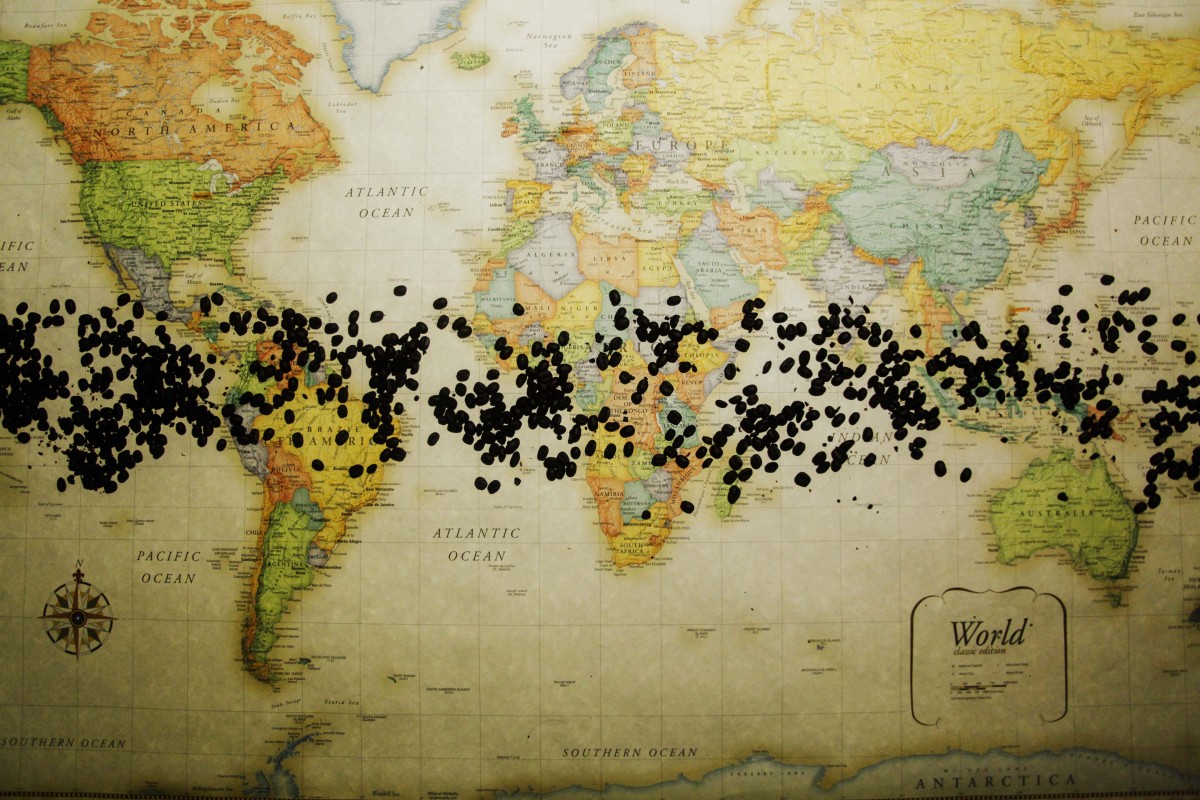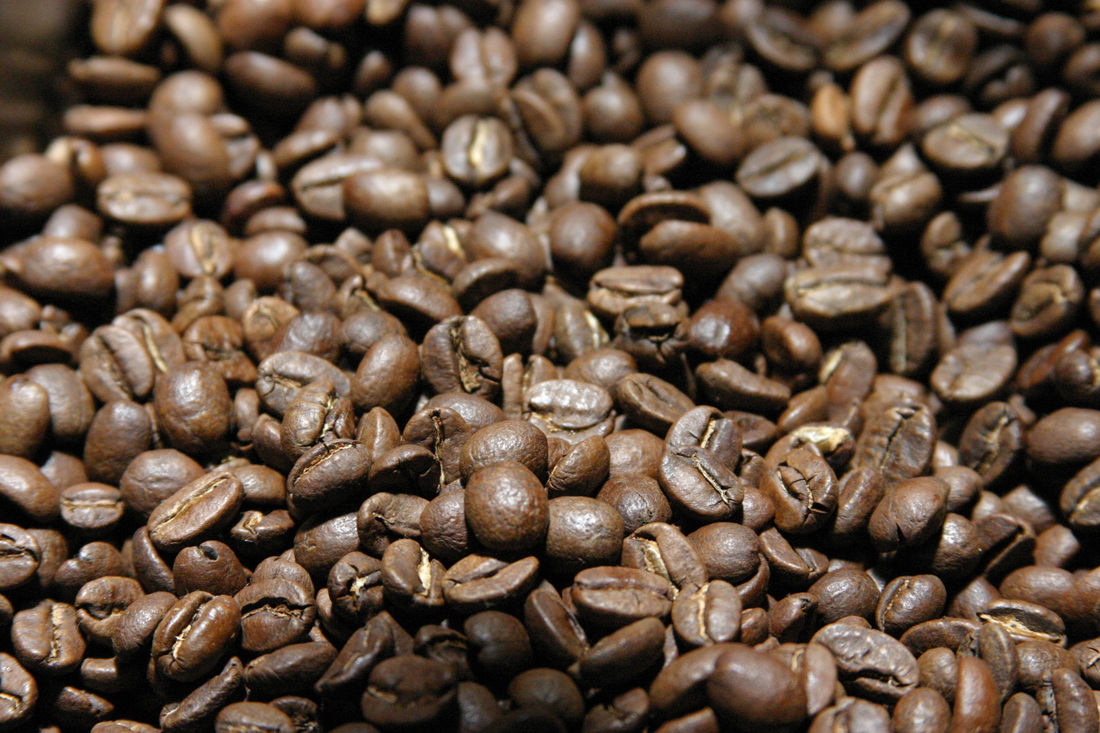Climate change will affect the coffee industry due to increasing temperatures and drought that will directly affect coffee farming. One of the biggest threats to coffee is what call a borer beetle or Hypothenemus hampeiI. The borer beetle lives in warmer climates and usually only affects lower quality, lowland Robusta coffee. With rising temperatures, H. Hampei has been able to survive at higher altitudes ad have more of a negative effect on Arabica coffee. It has been estimated that in Columbia, farmers would have to move up 167 meters for every 1 degree of warming to protect their Arabica coffee. In East Africa, the farmers will not have the choice of moving up in elevation because higher elevations in that region would be unsuitable for coffee farming.
In addition to changes in viable growing elevations, water usage will have a large impact on coffee quality and quantity. Less reliable rainfall will lead to less predictable harvests. Countries that traditionally use water to process coffee cherries will be forced to adapt and use less/no water to process. This will result in new flavors (good or bad?). The traditional terroir of coffee will shift with the climate.

